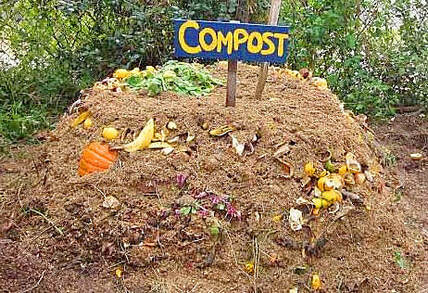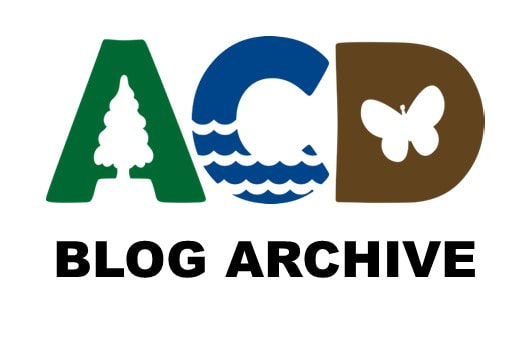 Do you throw away food scraps or waste including fruit and vegetable peels and rinds? What about lawn clippings or leaves that you must rake every fall? Do you have a garden at your home that would benefit from natural fertilizer? Then composting may be for you! Composting can be accomplished many ways and provides countless benefits. Composting is not only beneficial to the environment, but it can help you out too! It reduces your need for chemical fertilizers by providing nutrients your soil and plants need and is easy and cheap for you to do. By composting rather than throwing away your waste, you also help to reduce methane emissions from landfills and lower your carbon footprint. While there are many different methods to compost, the basics remain the same for all. Your compost must be properly composed of brown material, green material, water, and oxygen. Brown materials, which provide carbon, include things like dry leaves, wood chips, and cardboard. Green materials, which provide nitrogen, are things like vegetable and fruit scraps, eggshells, grass clippings, and garden/yard waste. The water and oxygen help break down the organic matter. You should not put dairy products, fats, meats, pet wastes, or plant material that is diseased or has been treated with chemical pesticides in your compost. Aim to have your compost pile made up of equal parts of brown and green materials, and no more than 2-parts green to 1-part brown. Compost options include closed bins, tumblers, pit composting, open bins, piling, and vermicomposting. If you want to go with the easiest route, piling, meaning creating a heap of compost, takes essentially no effort. If you prefer your compost more hidden, a plastic closed bin or tumbler, or even an open bin constructed of wood can provide a barrier to the unsightly materials. If you prefer to entirely hide the compost, pit composting is for you. Just dig a hole and bury your waste (but this makes using that compost on your garden beds essentially impossible). Finally, if you do not have access to a yard, vermicomposting can be done right in your kitchen (really!). While a little more feeble and harder to properly maintain, vermicomposting uses the energy of worms to compost your scraps. Whatever method you choose, composting is a good choice! There is a myriad of resources online (including https://www.epa.gov/recycle/composting-home) and many books about the topic to further read up on. Antrim Conservation District is also available to answer your questions, and is available by phone at (231)533-8363 or email at [email protected].
2 Comments
3/24/2021 07:21:07 pm
My mom has been thinking about getting some composting for her yard in order to be safer. She would really like to get some from a professional. I liked what you said about how it must be made mainly of brown material, green material, water, and oxygen.
Reply
12/4/2022 07:48:23 pm
I believe that everyone should be aware at least of the basics of composting. But in handling bigger garden wastes like tree trimmings, that should be taken care of by a professional.
Reply
Leave a Reply. |


 RSS Feed
RSS Feed